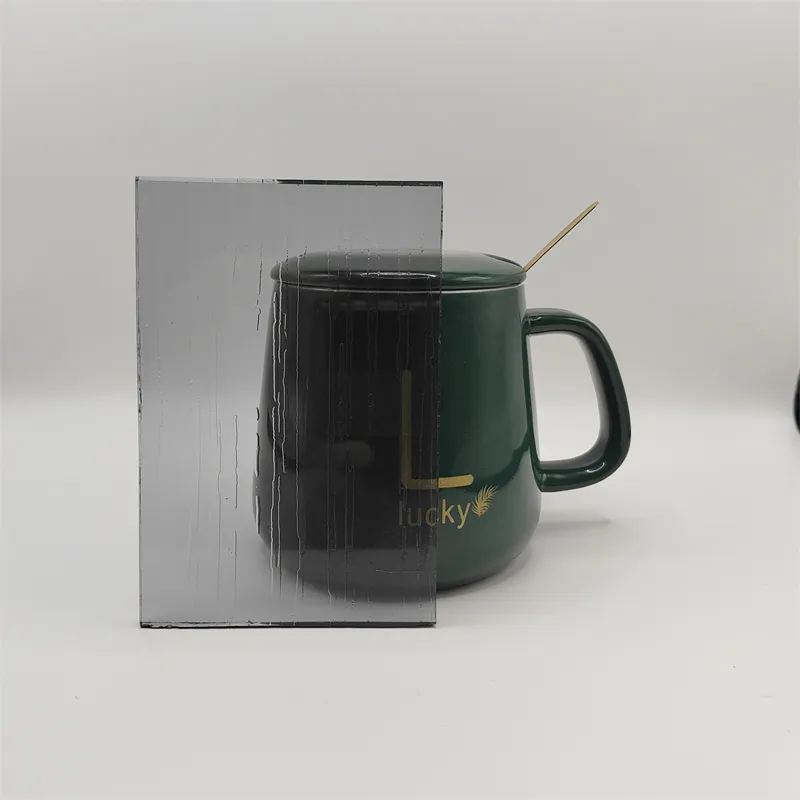Nov . 23, 2024 11:38 Back to list
low emissivity glazing
Low Emissivity Glazing A Smart Solution for Energy Efficiency
In today’s world, where energy conservation and sustainable practices are more important than ever, building materials play a critical role in enhancing energy efficiency. One of the most innovative advancements in this regard is low emissivity (Low-E) glazing. This type of window glass is designed to minimize the amount of infrared and ultraviolet light that can pass through it without compromising visible light, making it an ideal choice for both residential and commercial buildings.
Low Emissivity Glazing A Smart Solution for Energy Efficiency
One of the primary benefits of Low-E glazing is its ability to improve thermal insulation. Traditional window glass allows a substantial amount of heat to escape during colder months, leading to increased energy consumption for heating. Low-E glass, on the other hand, can reduce heat loss by up to 50%, which translates to substantial cost savings on energy bills. In fact, studies have shown that homes equipped with Low-E windows can save as much as 30% to 50% on energy costs over time.
low emissivity glazing

Another significant advantage of Low-E glazing lies in its role in blocking harmful UV rays. While natural light is essential for enhancing the ambiance of a space, excessive UV exposure can lead to the fading of furniture, carpets, and artworks. Low-E coatings can filter out up to 99% of these harmful rays, thus preserving the aesthetics and durability of interior furnishings and reducing the need for costly replacements.
Low-E glazing is also an excellent choice for reducing glare. The advanced technology used in manufacturing these windows provides a more comfortable viewing experience without sacrificing natural light. This can be particularly advantageous in office spaces, where excessive glare can lead to reduced productivity and employee discomfort.
Moreover, the demand for energy-efficient products has led to various incentives and regulations supporting the use of Low-E glazing in new constructions and renovations. Many countries offer tax credits, rebates, and other financial incentives to encourage homeowners and builders to opt for energy-efficient solutions, including Low-E windows. Additionally, as sustainability becomes a key consideration, buildings equipped with Low-E glazing may achieve higher ratings in green building certifications, which can enhance property values and appeal to environmentally conscious buyers.
In conclusion, Low-E glazing represents a smart investment for anyone looking to enhance energy efficiency, reduce costs, and promote sustainability. Its innovative technology not only improves thermal performance but also enhances indoor comfort and protects interior investments. As we continue to seek solutions for a greener future, Low-E glazing stands out as a practical and effective choice for modern architecture. Embracing Low-E technology in windows not only benefits individual households and businesses but also contributes to the broader goal of reducing our carbon footprint and ensuring a more sustainable and energy-efficient world.
-
Safety and Style with Premium Laminated Glass Solutions
NewsJun.24,2025
-
Reinvents Security with Premium Wired Glass
NewsJun.24,2025
-
Premium Float Glass Line for Modern Architecture
NewsJun.24,2025
-
Low Emissivity Glass for Energy-Efficient Architecture
NewsJun.24,2025
-
High-Performance Insulated Glass Solutions for Modern Architecture
NewsJun.24,2025
-
Elevates Interior Style with Premium Silver Mirror
NewsJun.24,2025
Related PRODUCTS














